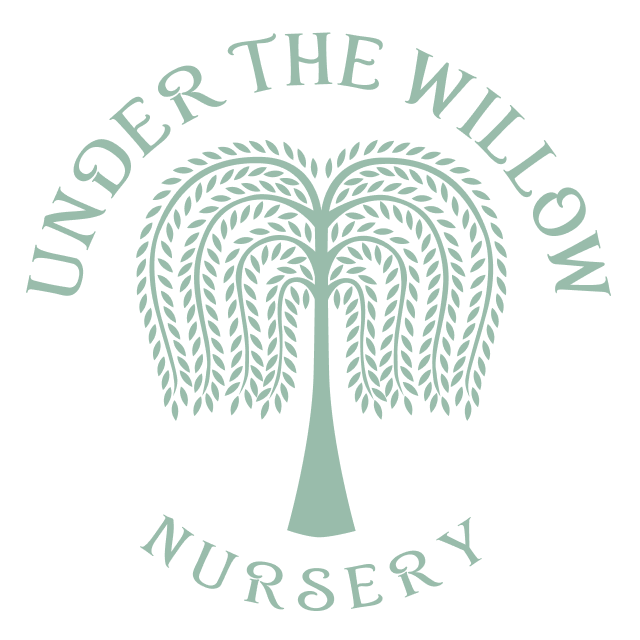top of page

CURRICULUM
The EYFS Curriculum
We also follow The Early Years Foundation Framework which is broken down into seven areas of learning and development:
Personal, Social & Emotional Development
-
Shares and takes turns.
-
Enjoys the company of friends.
-
Learns to behave responsibly.
-
Learns to deal with their emotions and feelings.
-
Children are provided with experiences and support that will help them to develop a positive sense of themselves and of others; respect for others; social skills; and a positive disposition to learn. We take into account children’s emotional well being to help them to know themselves and what they can do.
Physical Development
-
Joins in with activities using their large muscles e.g. running, jumping, climbing etc.
-
Enjoys small muscle activities such as drawing, cutting, painting etc.
-
Learns about their health and safety.
-
Draws lines and circles using gross motor skills
-
Clearly communicates their need for potty or toilet
Communication & Language
-
Uses non-verbal or verbal language to communicate with others.
-
Listening to stories with increasing attention and recall.
-
Beginning to understand ‘why’ and ‘how’ questions.
-
Beginning to use more complex sentences to link thoughts.
-
Uses language as a powerful means of widening contacts.
Literacy
-
Enjoys books and making up stories.
-
Begins to link sounds and letters.
-
Makes marks and starts to give them meaning.
-
Children are helped to understand that written symbols carry meaning, to be aware of the purposes of writing and, when they are ready, to use drawn and written symbols for themselves.
-
A well-stocked book corner gives every child the opportunity and encouragement to become familiar with books and aware of their uses, both for reference and as a source of stories and pictures.
Expressive Arts & Design
-
Uses simple tools and techniques competently and appropriately.
-
Creates movement in response to music
-
Uses available resources to creates props to support role play
-
Plays cooperatively as part of a group to develop and act out a narrative
-
Begins to use representation to communicate e.g. drawing a line and saying that me.
Mathematics
-
Joins in with singing number songs and rhymes
-
Explores patterns and shapes in play
-
Uses measures, for example when cooking or in water play
-
Enjoys solving real life problems such as jigsaws, matching games and puzzles
-
Through practical activities, children become familiar with the sorting, matching, ordering, sequencing and counting skills that form the basis for early mathematics. As they use their developing mathematical understanding to solve problems, children are assisted to learn and use the vocabulary of mathematics, identifying objects by shape, position, size, volume and number. Songs, games and picture books help children become aware of number sequences and, when they are ready, to use simple mathematical operations such as adding.
Understanding of the World
-
Finds out about the world.
-
Uses ICT – computers, telephones, etc.
-
Develops an understanding of passing time and their place in the world.
-
Enjoys and participates in a range of cultural activities.
-
Children explore and experiment with a range of natural and manufactured materials. They learn to observe the features of objects and substances, recognising differences, patterns and similarities, and to share and record their findings.
How we link the traditional Montessori areas of learning with EYFS:
Montessouri | EYFS |
|---|---|
Practical Life | Physical Development and Personal Social & Emotional Development |
Language | Literacy |
Mathematics | Maths |
Culture | Expressive Arts & Design and Understanding of the World |
Sensorial | Physical Development and Personal Social & Emotional Development |
CURRICLIUM
bottom of page

